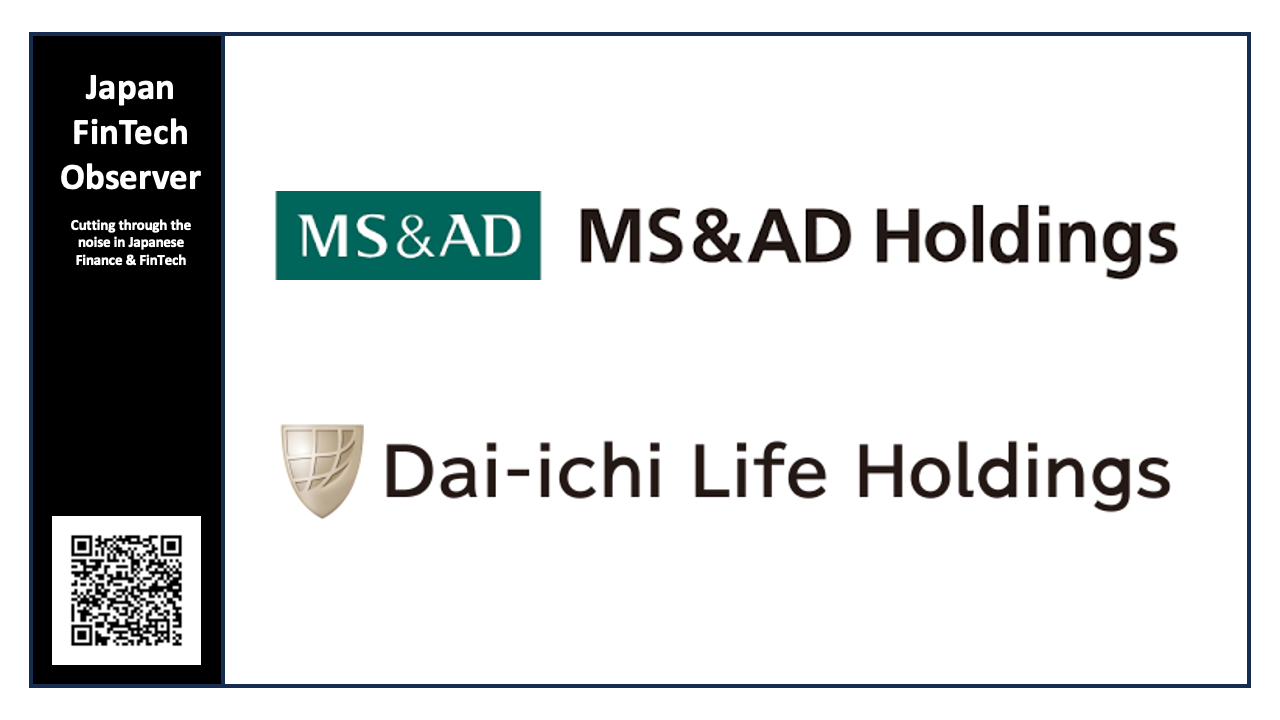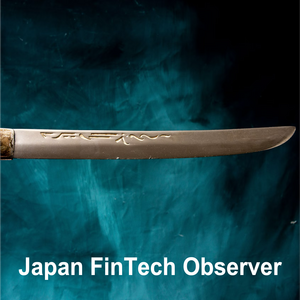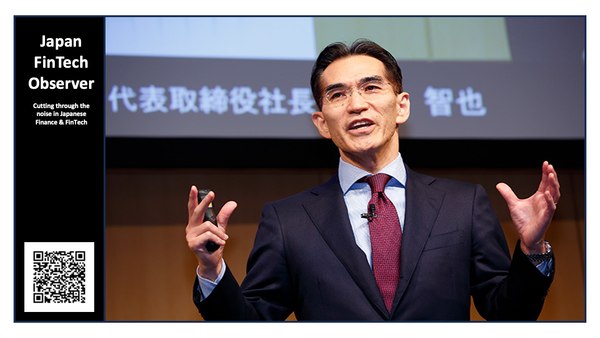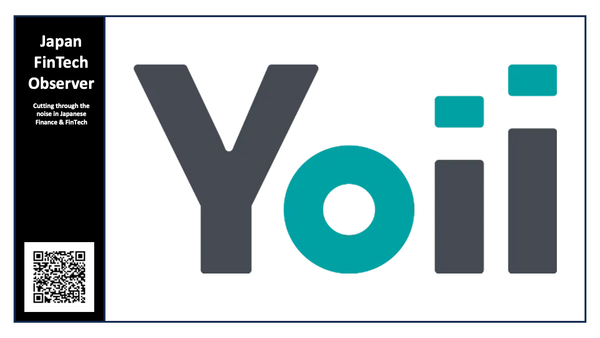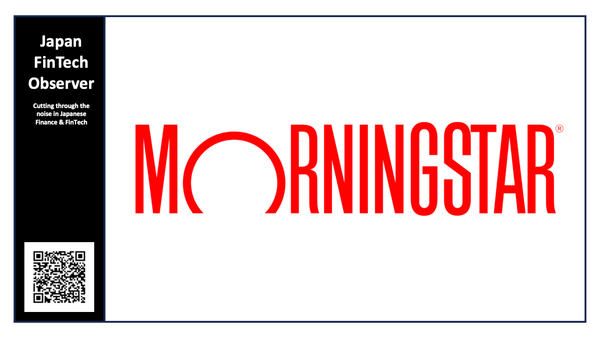MS&AD's Progress Report on Business Improvement Plans
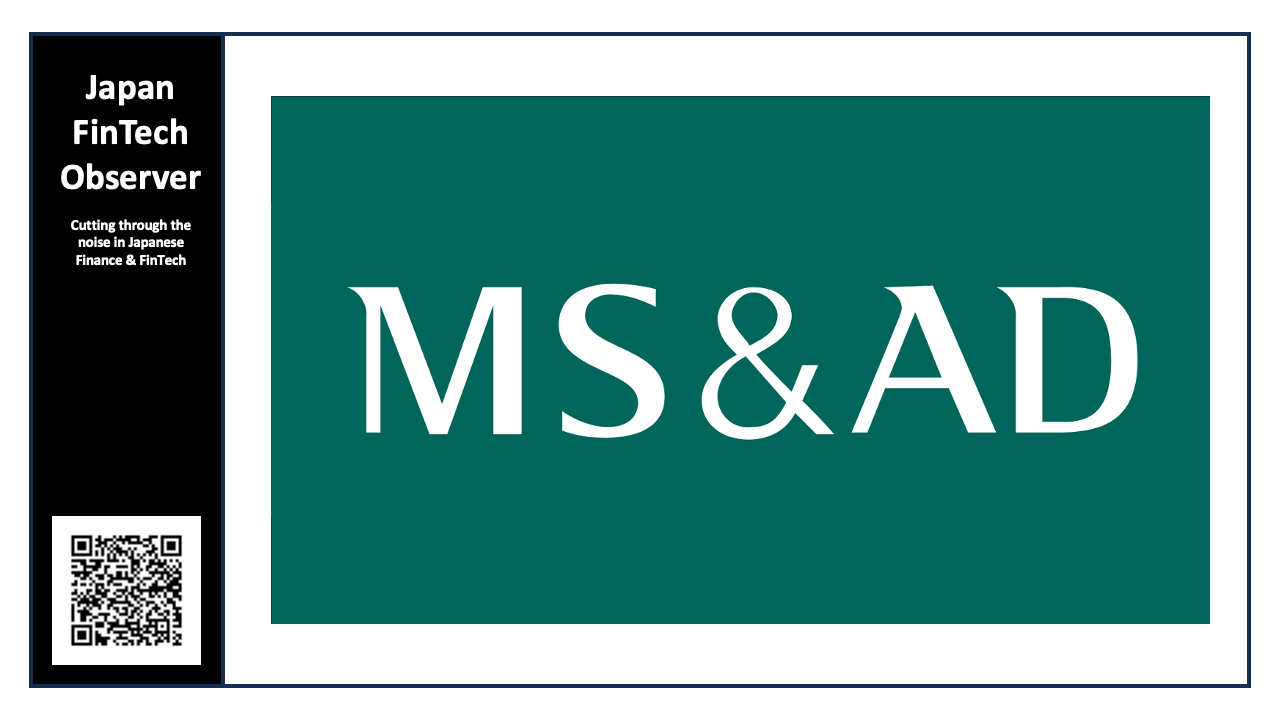
MS&AD Insurance Group's subsidiaries—Mitsui Sumitomo Insurance (MSI) and Aioi Nissay Dowa Insurance (ANDI)—have submitted their quarterly progress report on executing the business improvement plans mandated by Japan's Financial Services Agency (FSA). The plans address root causes of past misconduct, including price-fixing (insurance premium adjustment) and information leakage.
The overarching theme of the September report is the execution of a fundamental "business model transformation" to restore trust. The report emphasizes moving away from a culture focused excessively on top-line revenue and towards one built on customer-centricity, robust compliance, and sound governance. A key strategic development highlighted is the planned merger of MSI and ANDI, targeted for April 2027, which is now a central driver for integrating and elevating their respective improvement plans.
Key Strategic Pillars and Progress
1. Merger-Driven Integration of Improvement Plans
- MSI and ANDI are actively working to integrate and enhance their business improvement plans in anticipation of their 2027 merger.
- A "Structural Reform and Corporate Innovation Subcommittee," under the Merger Preparation Committee, is leading this effort.
- The goal is to create a single, more advanced and effective plan for the new entity, with a target for finalizing the integrated plan by December 2025. This involves adopting the best practices from each company.
2. Strengthening Governance and Risk Management
- Both companies are reinforcing their "Three Lines of Defense" model (1st: Business Units, 2nd: Risk/Compliance, 3rd: Internal Audit).
- External Expertise: Deloitte Tohmatsu Risk Advisory is heavily involved, providing independent reviews of the plans' execution and effectiveness, ensuring an objective assessment.
- Enhanced Risk Detection: ANDI launched a "Notice & Concern Submission BOX" in April 2025, empowering employees to report issues. MSI's "Proactive Issue Detection Conference" continues to analyze potential risks.
- MSI is implementing "Agile Audits" for agency oversight, demonstrating a more dynamic approach to the third line of defense.
3. Fostering a Customer-Centric Corporate Culture
- Leadership Engagement: Both companies report continued direct engagement from senior management, including CEO-led town hall meetings and branch visits (ANDI's CEO has visited 23 branches) to communicate the new vision and gather feedback.
- Training and Education: Training has been revamped. Instead of simple knowledge tests, ANDI now requires workplace discussions on how to apply compliance training in real-world situations. MSI is enhancing employee skills to provide value-added risk solutions, shifting from price competition.
- Reforming Business Practices: There is a clear commitment to eliminating improper practices. This includes abolishing excessive benefits for corporate agencies, selling off cross-shareholdings, and ending excessive focus on top-line sales figures in performance evaluations.
4. Improving Information Management and Agency Relations
- ANDI has revised its customer information management manuals for both employees and agencies, supplementing them with a "Case Book" of practical examples.
- A company-wide "Information Management Check" is scheduled for October 2025 at ANDI to ensure the new rules are embedded.
- Both companies are strengthening the rules and oversight regarding employees seconded to agencies to prevent conflicts of interest and information leaks.
In conclusion, the September 2025 report portrays a group in the midst of a significant, externally-verified transformation. The planned merger is acting as a catalyst to accelerate these changes, forcing a fundamental rethink of business models, governance, and corporate culture across both key subsidiaries.
Differences Between the September 2025 and June 2025 Reports
The September report builds directly on the June report, shifting the focus from planning and initiation to execution and progress measurement. The June report (the 5th submission) was pivotal as it incorporated the new, comprehensive improvement plan of May 30, 2025, which addressed the data leak scandal. The September report is the first major update on the execution of that new plan.
1. Shift from Planning to Concrete Progress
- June Report: Announced the completion of new manuals and the launch of new initiatives. For example, it stated that a "Business Execution Status Checklist" for agencies would be completed in June 2025.
- September Report: Confirms the completion and results of those initiatives. It reports that the self-inspection using the checklist was completed in June 2025. This pattern of "plan" versus "completion" is a key difference.
2. Deeper Integration of Merger Strategy
- June Report: Mentioned the upcoming merger and the creation of a "Structural Reform and Corporate Innovation Subcommittee."
- September Report: Provides a more concrete timeline and objective for this subcommittee, stating a clear goal to integrate the two companies' improvement plans by December 2025. The merger has evolved from a backdrop to a central, driving force of the improvement strategy.
3. Quantifiable Updates on Ongoing Initiatives
- CEO Town Halls: The June ANDI report noted the CEO had visited 15 branches. The September report updates this figure to 23 branches, showing continued momentum.
- Compliance Training: The June report detailed plans to add "workplace discussions" to training modules. The September report confirms these discussions were conducted from June to August 2025 for specific training rounds, demonstrating tangible execution.
4. Refinement of Governance and Oversight
- June Report: Stated that external expert (Deloitte) reviews were underway.
- September Report: Provides more detail on the process of these reviews, highlighting collaboration between Deloitte and the internal audit departments to enhance the overall PDCA (Plan-Do-Check-Act) cycle. The role of the external review feels more embedded and procedural in the later report.
